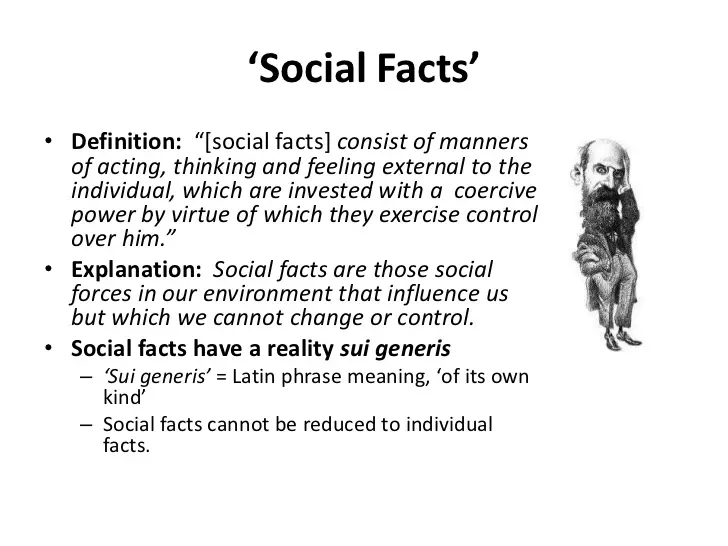Category: Emile Durkheim
-
How ‘social’ are social facts? – An interpretation of Emile Durkheim’s “Rules of Sociological Method”
Introduction: In the study of Rules of Sociological Method, Emile Durkheim aims to provide a concrete definition of ‘social facts’ and the components they entail. This is done by deconstructing the definition and providing an expansive explanation of its components. Therefore, Durkheim follows a pattern wherein first, he provides a definition of the components and…
-
Understanding our society through Durkheim’s Division of Labour
Emile Durkheim, in his book ‘The Division of Labour in Society’; talks about the relationship between individuals and society and explores the division of labour as a function. The French sociologist observed how society has changed right from the primitive ages to the post-modern world. Published in 1893; the book is responsible for developing various…
-
A Reflective Note on Emile’s Durkheim’s ‘The Division of Labour in Society’
The theory of the division of labour was proposed in 1776 by Adam Smith, foreseeing the essential capitalistic need for occupational specialisation, to improve productivity in the upcoming industrial world. He highlighted the economic dependency on the division of labour. However, over a century later, in 1893, Emile Durkheim wrote The Division of Labour in…
-
Collective Conscience: Meaning, Theories, Examples and Overview
The collective conscience is usually a term or idea or belief or moral attitudes in the society. Therefore, it is a collection of common ideas, believes strengthen our group, family or the society to bring together for a particular aim. Generally, in this era, this term contributes much collective goodness, affection, faith, and more. The…
-

What are Social Facts? Explained
Emile Durkheim, a pioneer of the discipline of Sociology, from France introduced the concept of Social fact. In layman’s terms, anything that restricts the activity of the individual from outside is a social fact. A simple example would be Religion, which influences or restricts individual actions in society. Though the concept has been reasonably criticized…
-
Elementary forms of Religious Life by Durkheim
Elementary forms of religious life: The general meaning of the term religion is understood as the belief, faith, rituals and traditions followed by an individual or individuals pertaining to a group or community. In the present modern society, there are many major religions working along with the complexities of social structures that define and project…
